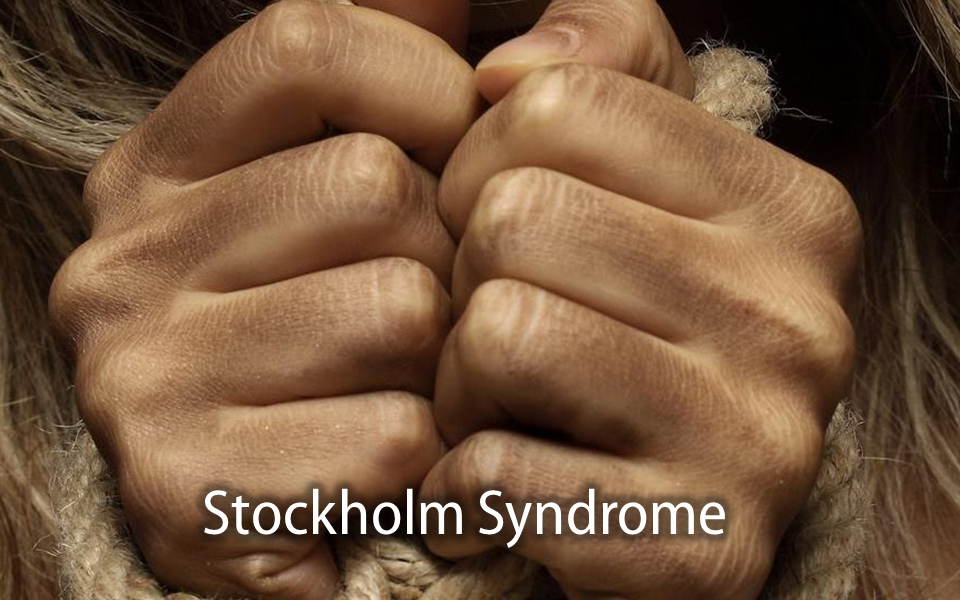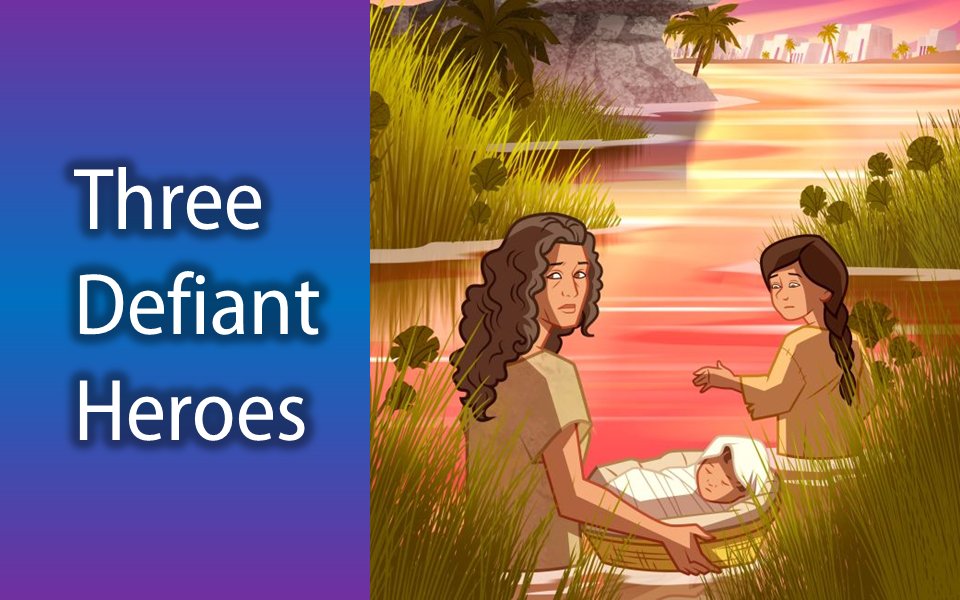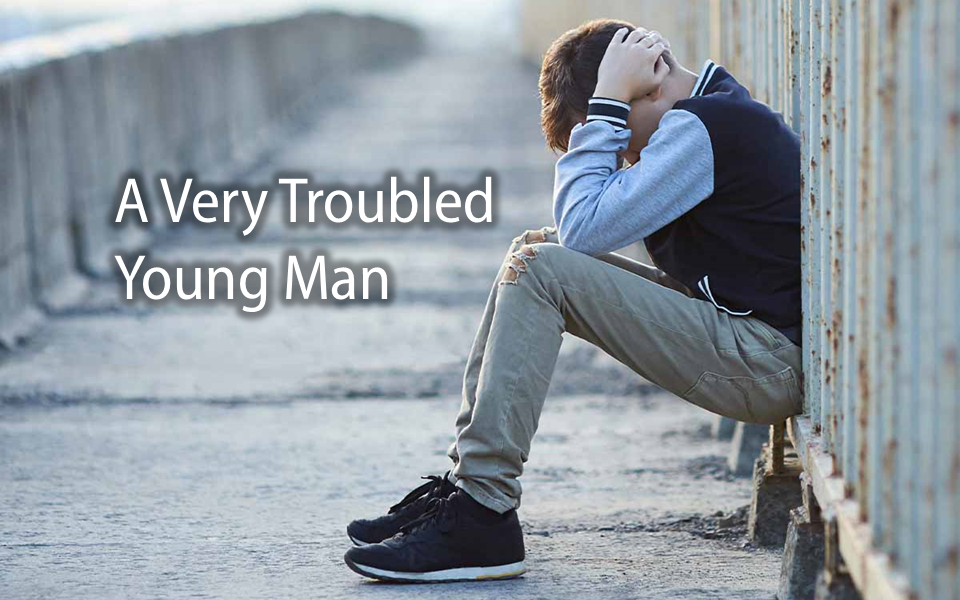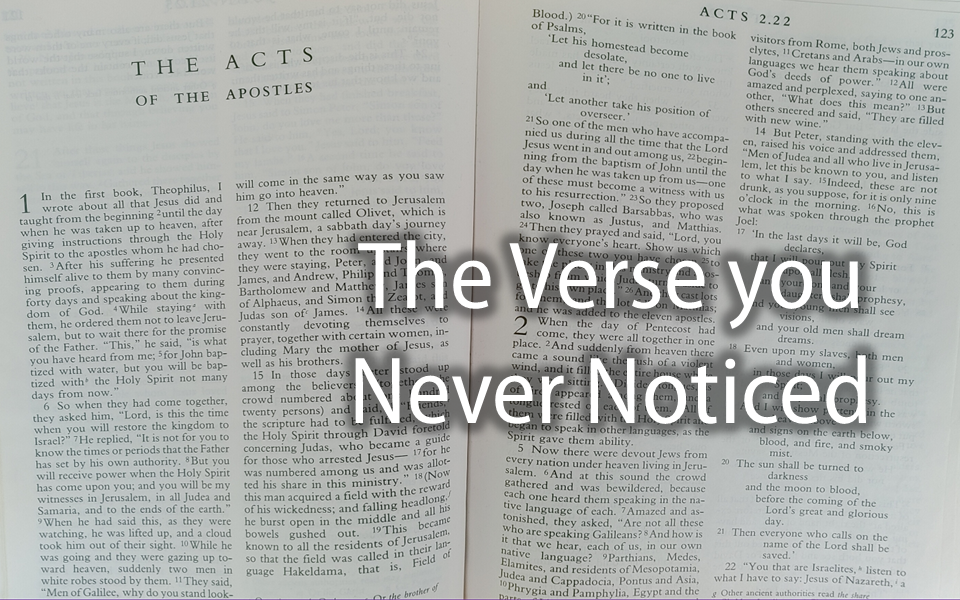Hespeler, 24 July 2022 © Scott McAndless
Genesis 18:20-33, Psalm 138, Colossians 2:6-15, Luke 11:1-13
| T |
here was a very popular legend that circulated in the early Christian church regarding James, the brother of Jesus. He is referred to a few times in the Bible and we see him as one of the key leaders of the church in Jerusalem in the Book of Acts. The legend that circulated had to do with how he died and what his death meant.
According to a number of sources, including the Jewish historian Josephus who was definitely not a Christian, James was highly respected, not only by Christians but by the entire populace of the city. They called him James the Just, or it can be translated as James the Righteous One. And he was kind of famous, not only for his leadership in the city but also for his intercession.
Old Camel Knees
The legend has it that James would spend so much time in the temple praying for the people and the city of Jerusalem, that he formed calluses on his knees so thick that people called him “old camel knees.” They may have made fun of the appearance of his legs, but everyone seems to have had a deep respect for what he did in the city.
But, according to the story, a certain faction of Pharisees in the city were concerned by the growth of the Christian sect. Since James was a famous observer of the strict Jewish law, they thought he might be an ally. They asked him to climb to the very pinnacle of the temple and address the people to warn them against the teachings of the Christians.
James agreed, but when the people gathered to hear him, he did not do as expected and refused to denounce belief in Jesus. Instead he cried out, “Why do you ask me about Jesus, the Son of Man? He sits in heaven at the right hand of the great Power, and he will soon come on the clouds of heaven!”
Death of James
As you can imagine, the Pharisees were not pleased. They pushed James off of the top of the temple and he crashed to the pavement below. But the fall did not kill him, at least not yet. He struggled to his knees and there, in front of all the people, continued to pray, “I beg of you, Lord God our Father, forgive them! They do not know what they are doing.” The enraged Pharisees quickly gathered a crowd and began to stone James.
Then one of the priests shouted, “Stop! What are you doing! The righteous one is praying for you.” But it was too late. A local fuller took one of the clubs that he used to beat laundry with and smashed James on the head, killing him with one blow.
The Results of the Murder
Since it is a legend, we can hardly rely on every detail of that story being true. But there is some reason to believe that it has an historical core. The detail that James was highly respected by all in the city, attested by a number of the sources, seems to be true.
But what I find especially interesting is what the Christian tradition says about the result of James’ murder. It declares that immediately after this happened, the Romans besieged and destroyed Jerusalem. The events were so closely related in time, the Christian commentator Hegesippus says, that “the more sensible even of the Jews were of the opinion that [the death of James] was the cause of the siege of Jerusalem.”
You know what that tells me? It tells me that the early church (and perhaps many Jews) thought they had the answer to the question that has long haunted me whenever I read our story this morning from the Book of Genesis.
Abraham and the Strangers

Abraham was sitting outside of his tent one day when, all of a sudden, three strangers appeared before him. Now, according to the laws of hospitality that were practiced throughout the Ancient Near East, Abraham knew exactly what was expected of him. To offer hospitality – food and drink and a place to rest – was not just a nice thing to do for them. It was not just an option; it was an obligation.
And Abraham rose to the occasion most excellently. He begged the visitors to stay for a bit of water and a morsel of bread and then proceeded to lay before them an incredible feast that included an entire calf, milk, cheese and cakes that had been made (by Abraham’s wife, Sarah) from about 55 pounds of flour. (I am still not over that!)
After Dinner
But our story today focusses on what happened after that magnificent feast had all been consumed. Two of the travellers headed off towards the city of Sodom, but the other (who is finally revealed to be Yahweh, Abraham’s God) remains. And after a huge feast, what do you do? You sit back and indulge in a symposium, a theoretical speculative conversation. The discussion is about the hypothetical question of how the city of Sodom might have been saved.
The City of Sodom
The city of Sodom serves as the perfect representative, in the Bible, of a wicked city. Whenever a prophet or some other speaker in the Bible wants to talk about a place that is clearly worthy of judgment and destruction, they just bring out the example of Sodom. There’s no clear answer in the Bible about what made Sodom such a wicked place. In Genesis, the reception of visitors in Sodom is contrasted to the reception that they received from Abraham, suggesting that the failure to practice hospitality was what was wrong with Sodom. In fact, Genesis suggests that the city was so inhospitable that they had a practice of gang raping any strangers who came to town.
The prophet Ezekiel, however, ascribes the wickedness of Sodom to something entirely different: “This was the guilt of your sister Sodom: she and her daughters had pride, excess of food, and prosperous ease but did not aid the poor and needy. They were haughty and did abominable things before me; therefore I removed them when I saw it.” (Ezekiel 16:49-50)
An Unreal Situation
The entire situation in the Book of Genesis is quite fantastic at this point. I mean, imagine the picture. Abraham and his God are just sitting around outside the tent and shooting the breeze while they digest their enormous meal. I don’t think that this is a realistic experience that anyone who has ever heard this story could imagine living through.
But it’s not meant to be realistic. It is an idealized conversation and so it only makes sense that it should have an idealized topic. We don’t actually know if the city of Sodom ever existed. There isn’t any good archaeological evidence. I mean, sure, maybe the story is based on a dimly remembered city that actually was destroyed in some cataclysm, but the thing about this story is that it doesn’t matter if the city actually existed. It is simply the perfect example of a wicked city.
Abraham Starts a Conversation
And so Abraham, fully recognizing the unreal situation that he finds himself in, opens the philosophical discussion.
“Listen, Yahweh,” he begins hesitantly, “let’s take it as a given, as you suggested to those two strange fellows who just left, that Sodom is indeed the wickedest place in the entire world, the wickedest place that ever has been and ever will be.”
“It is,” Yahweh replies with a nod.
“Okay,” Abraham agrees, “but no matter how bad a place can get, it can’t be true that everyone in that place is irredeemably evil themselves. Let’s say that, in this Sodom that you speak of, there were 50 people who were extremely righteous. If you were to destroy such a city, no matter how wicked in general, you would have to also destroy all those 50 righteous people. Now, you are supposed to be a God of justice, how could a just God possibly destroy 50 righteous people? I mean, what would people think?”
Yahweh shrugs. “Yeah, I guess that would look pretty bad. Okay, fine, if there were fifty righteous people in the wicked city, I wouldn’t destroy it.”
Abraham Haggles
Abraham smiles to himself. He is a man, after all, who has wandered all over the Ancient Near East. He has bought and sold goods in markets from Ur to Haran, from Salem to Egypt. No one, not even a God, could outwit Abraham when he starts haggling. The trick, you see, is to know what matters most to your opponent in the negotiation. Then all you have to do is appeal to that. Well, now Abraham knows that what Yahweh cares about most is his reputation for being just.
“Okay, it is true that no God is as just as you,” he replies. “But let’s just say that a mere five of those fifty righteous people were not there. Surely a just God like you would not consign an entire city to destruction just for the lack of five righteous ones?”
And, yes, Yahweh has to admit that he is indeed as just as all that. Surely 45 righteous ones would be sufficient.
God Cuts off the Conversation
It is indeed a bartering session for the ages as Abraham manages to get Yahweh down from 45 to 40 to 30, 20 and even 10!
But then something happens. After Abraham maneuvers Yahweh into saying, “For the sake of ten I would not destroy it,” we are told something a bit surprising. “And Yahweh went his way, when he had finished speaking to Abraham, and Abraham returned to his place.”
Why does it end so abruptly? Is this saying that Yahweh felt as if he had been completely outmatched by Abraham, the master haggler, and decided to cut his losses and just walk away from the negotiations? That would be crazy, wouldn’t it? But, as I say, this is a crazy story of a theoretical philosophical discussion. So, maybe that is how we are supposed to understand it.
Left Unsatisfied
But whatever the reason for the sudden end of the discussion, it certainly leaves us feeling very unsatisfied. We are told in no uncertain terms that 10 righteous people is enough to save an entire city, no matter how wicked. But don’t you want to know how far we can push that? What about five righteous ones? What about three or two? And what if you have only one righteous person? So, whatever else is going on in this sudden end of the discussion, it certainly seems to be designed to leave us wondering just how many righteous ones it takes.
The Conversation Continues
And people have been wondering that and continuing that philosophical discussion outside of Abraham’s tent ever since. In some Jewish traditions, they have these discussions about the role of what they call the tzadikim. Tzadik is the Hebrew word for a righteous person. And so various sects of Judaism will enter into debates about how many tzadikim exist and what their role has been in safeguarding the world from destruction. Mystical Hasidic Jews, for example, apparently believe that there must be at least 36 tzadikim – 36 righteous souls – living someplace in the world at any given time to represent humanity before God.
One Righteous Soul
But what about that one righteous soul, will we ever get an answer to the question of how he or she can save an entire city no matter how wicked it might be? Well, as I say, that seems to be the question that the early church thought it had an answer to. Because remember what James the brother of Jesus was famous for. He was called, by believers in Jesus and non-believers alike, James the Just. In Hebrew, that would have been Ya’akov the Tzadik. He is James the Righteous One
Everyone seems to have agreed that there was something about the incredible way that this man lived that was preserving the city of Jerusalem from destruction. And when the city turned against him and he was killed, the destruction of the wicked city was inevitable. They decided that it only took one. It only took James.
What we do with this Story
Now, as I say, that strange discussion in the Book of Genesis between God and Abraham is a fantastic one. It is full of hypotheticals and theoreticals. Maybe it is just a couple of old friends shooting the breeze after a particularly satisfying meal. I don’t think I would draw eternal principles of theology from it because I don’t find it a helpful image of God to see God as set on destruction because of wickedness and needing some righteous person to stand in the way and prevent that destruction. I don’t believe that God requires that. But maybe we do.
But, if there is a practical application, particularly if you find yourself living in a time when things just seem to be going so very wrong, when evil and greed and selfishness seem to be winning and the weak and the marginalized person and the outsider are paying the price, perhaps it is this: When times are evil, sometimes all we need is a James, one righteous person who lives out their righteousness in a way that touches the lives of others.
Sometimes what we need is someone whose compassion is so great that they intercede for others until their knees are so calloused that they look like they belong to a camel. Sometimes I really do believe that’s what we need to save us. And that can be anyone. It can even be you or me. God is actually calling us to step into that role.










